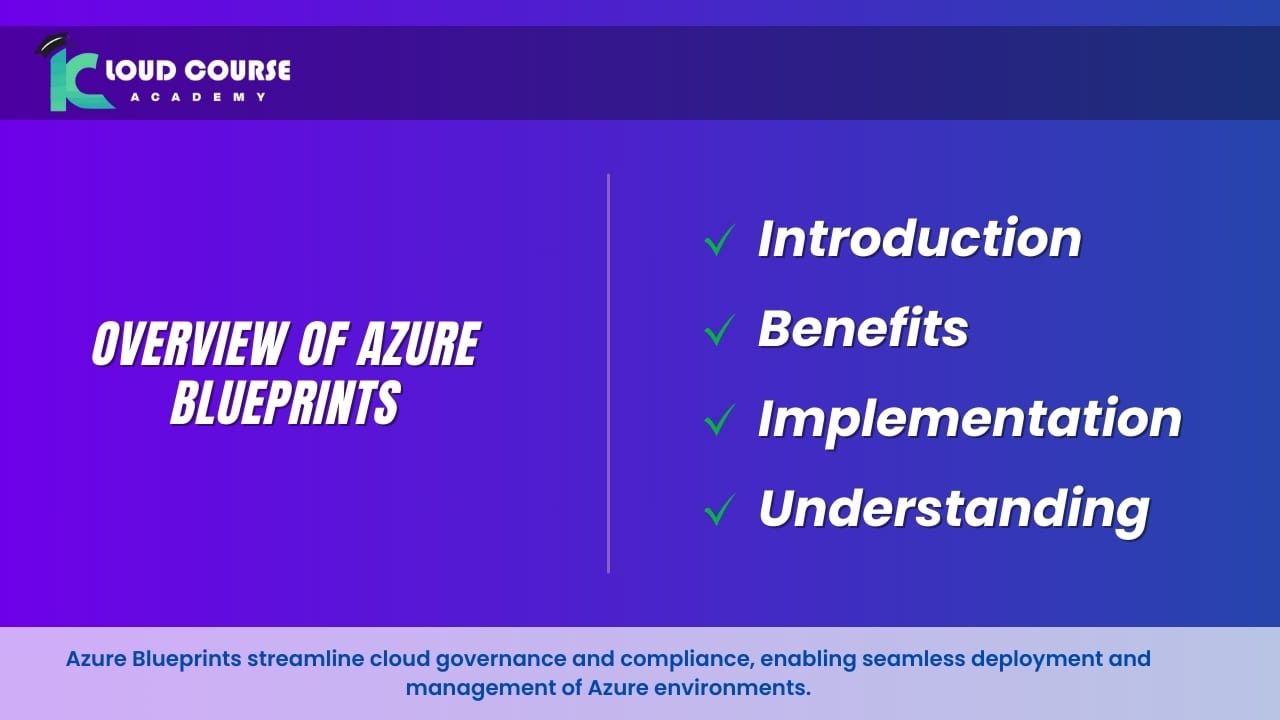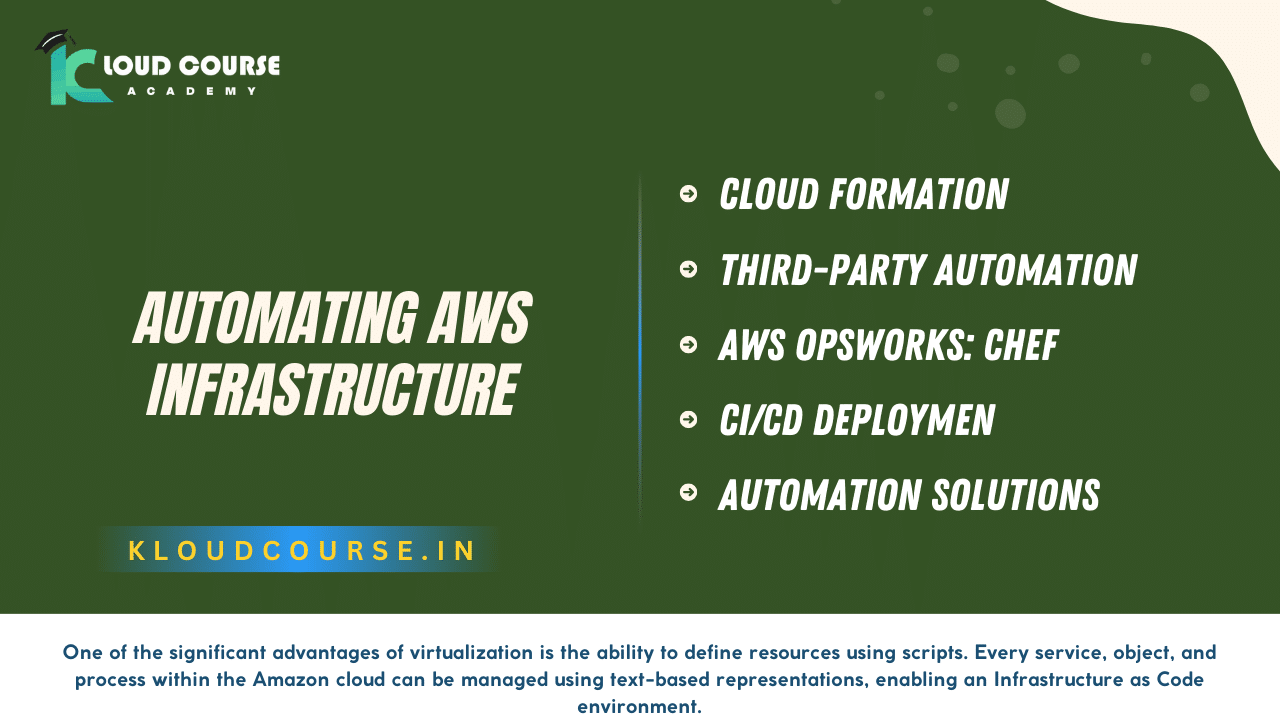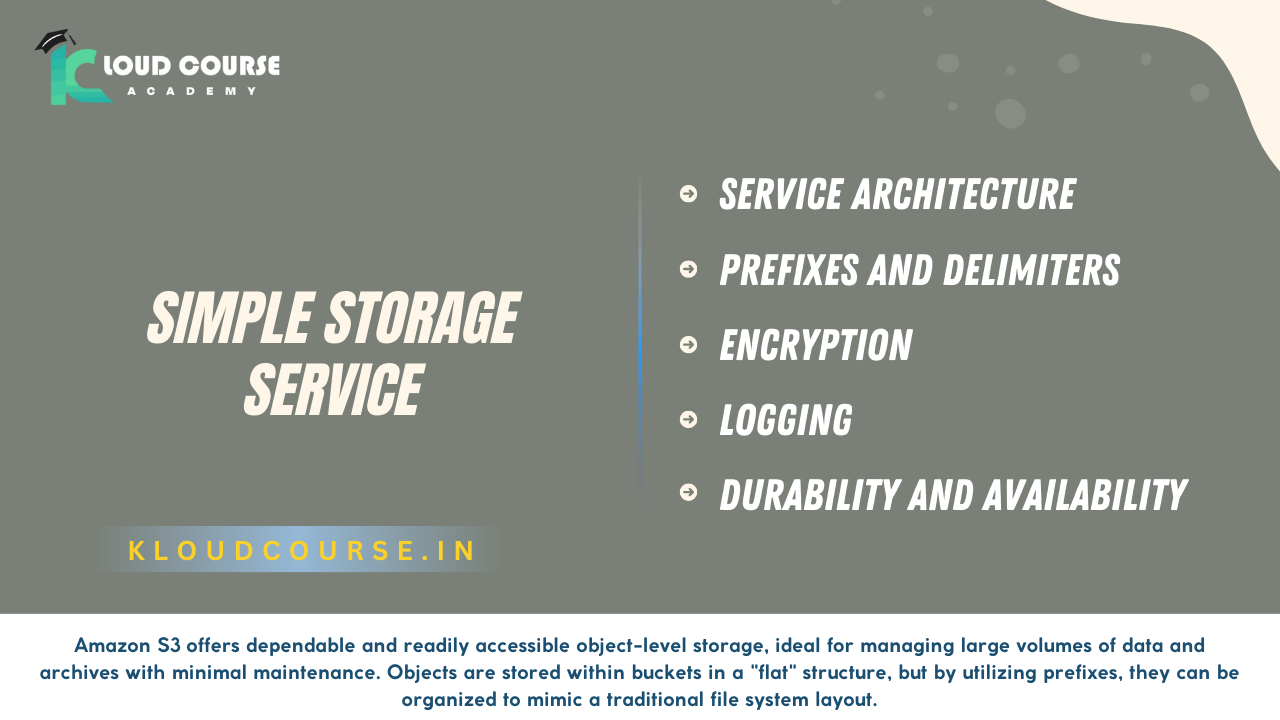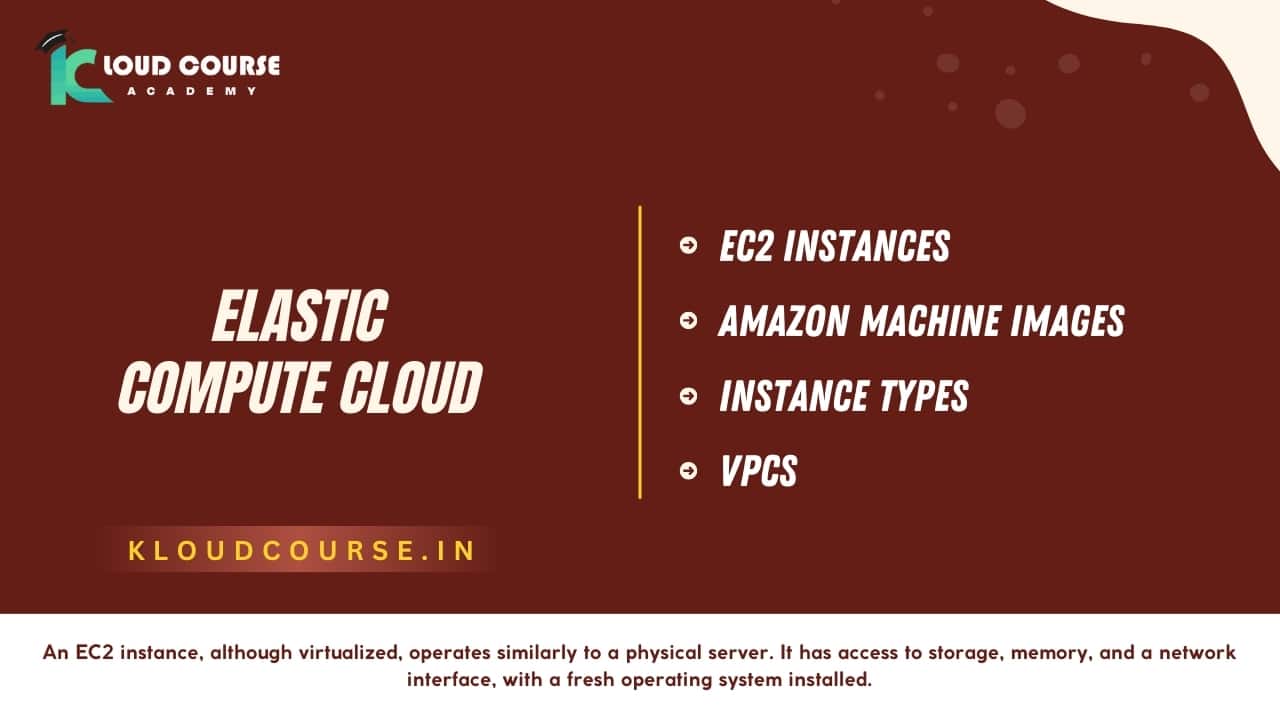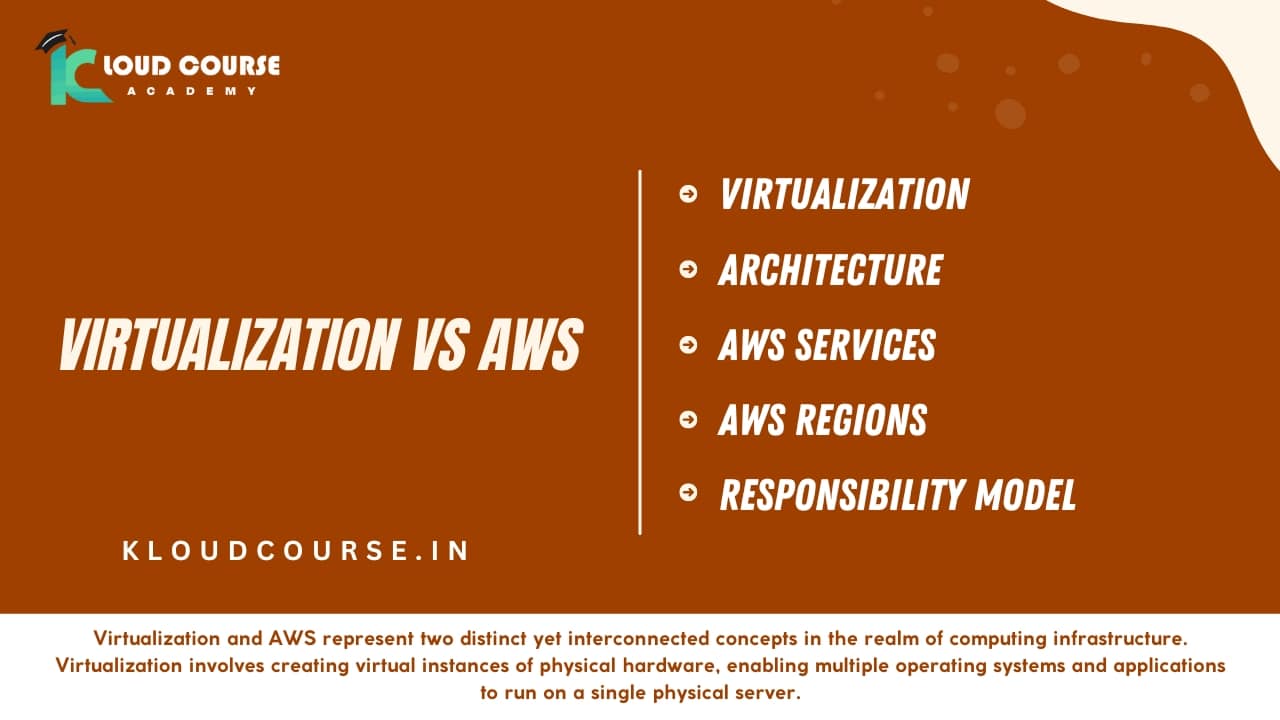
Ready to supercharge your cloud skills? Dive into the ultimate guide for AWS training and certification.
Discover why honing your AWS expertise is crucial, explore certification paths, access top training resources, and learn key tips for acing your exams.
Accelerate your career with the power of AWS. Let’s get started on your journey to mastering the cloud!
Why AWS Training Matters
If you’re aiming to excel in Cloud Computing Institute In Hyderabad, understanding the importance of AWS training is crucial for mastering the skills required in today’s competitive tech landscape.
AWS, as a leader in the cloud industry, offers a vast array of services and tools that can empower you to build robust and scalable solutions.
By undergoing AWS training, you gain hands-on experience that sharpens your ability to design, deploy, and operate infrastructure and applications on the cloud. This training not only improves your technical skills but also increases your confidence in managing the complexities of cloud environments.
With AWS certification validating your expertise, you stand out to potential employers and open doors to exciting career opportunities in the ever-evolving tech sector.
AWS Certification Paths
Explore the diverse AWS training and certification paths to advance your cloud expertise. Whether you’re aiming to specialize in solutions architecture, develop your skills in cloud security, or dive deep into big data analytics, AWS offers a range of certification options to suit your career goals.
The foundational AWS Certified Cloud Practitioner provides an overview of essential cloud concepts, while the more advanced certifications like AWS Certified Solutions Architect or AWS Certified DevOps Engineer focus on specific technical roles.
Top AWS Training Resources
Discover the key AWS training resources essential for enhancing your cloud skills. When diving into AWS training, consider resources like the official AWS Training and Certification page, offering a plethora of courses to suit your learning needs.
Explore the AWS Ramp-Up Guide for personalized learning that fits your unique goals perfectly. Engage with AWS whitepapers and documentation for in-depth knowledge and insights.
Explore interactive courses and practical labs offered by online platforms such as A Cloud Guru and Linux Academy. Join AWS webinars and workshops to stay updated on the latest trends and best practices.
Tips for AWS Exam Success
To succeed in your AWS exam, thorough preparation and strategic study habits are essential. Start by creating a study schedule that fits your routine, allowing for consistent review and practice.
Utilize official AWS training materials, practice exams, and hands-on labs to reinforce your understanding of key concepts. Focus on mastering core services and their practical applications. Take advantage of online forums and study groups to share insights and clarify doubts.
Prioritize understanding over memorization to tackle scenario-based questions effectively. Keep your composure during the exam, thoroughly review the questions, and efficiently manage your time.
Advancing Your AWS Career
To advance your AWS career, consider expanding your skill set through specialized certifications and hands-on experience. AWS offers a range of certifications tailored to various job roles such as Solutions Architect, Developer, and SysOps Administrator. By pursuing these certifications, you demonstrate expertise in specific areas, making you a valuable asset to employers.Also consider the Best GCP Training In Hyderabad for comprehensive training options.
Additionally, gaining hands-on experience through projects, internships, or freelance work can further enhance your practical understanding of AWS services. Engaging in real-world scenarios allows you to troubleshoot issues, optimize performance, and develop critical thinking skills. Continuously learning and applying your knowledge in practical settings not only boosts your confidence but also sets you apart in a competitive job market.
Now that you have learned about the importance of AWS training and certification, it’s time to take action and boost your cloud skills.
Utilize the top resources available, follow the certification paths, and remember to study smart for exam success.
By advancing your AWS career, you’ll open up new opportunities and stay ahead in the competitive tech industry.
Don’t wait any longer – start your journey to becoming an AWS expert today!
Interview Questions of AWS Training & Certification
AWS training is important because it provides hands-on experience in designing, deploying, and operating infrastructure and applications on the cloud. It enhances technical skills, builds confidence in managing cloud environments, and validates expertise through certification, making professionals more attractive to potential employers.
AWS offers various certification paths, including the foundational AWS Certified Cloud Practitioner, which covers essential cloud concepts. More advanced certifications include AWS Certified Solutions Architect, AWS Certified DevOps Engineer, and specialized certifications in areas like cloud security and big data analytics.
Key AWS training resources include the official AWS Training and Certification page, AWS Ramp-Up Guide, AWS whitepapers and documentation, interactive courses and labs from platforms like A Cloud Guru and Linux Academy, and AWS webinars and workshops.
Tips for exam success include creating a consistent study schedule, using official AWS training materials and practice exams, focusing on understanding core services and practical applications, participating in online forums and study groups, and practicing time management and composure during the exam.
Advancing an AWS career involves gaining specialized certifications tailored to specific job roles, obtaining hands-on experience through projects, internships, or freelance work, and continuously learning and applying knowledge in practical settings. Engaging in real-world scenarios helps develop critical thinking and troubleshooting skills, making professionals valuable assets in the tech industry.



